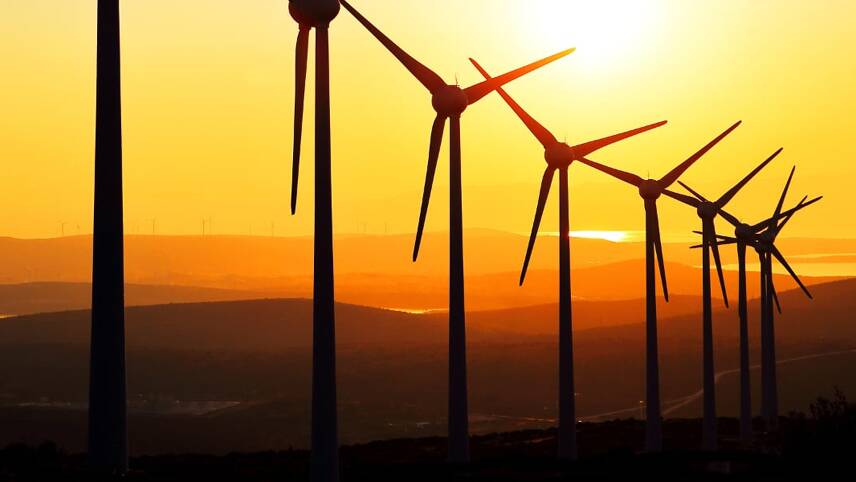You’ve reached your limit!
To continue enjoying Utility Week Innovate, brought to you in association with Utility Week Live or gain unlimited Utility Week site access choose the option that applies to you below:
Register to access Utility Week Innovate
- Get the latest insight on frontline business challenges
- Receive specialist sector newsletters to keep you informed
- Access our Utility Week Innovate content for free
- Join us in bringing collaborative innovation to life at Utility Week Live

Scottish Power chief executive Keith Anderson has criticised “unsustainable business models” in the energy retail sector and called for greater transparency over how suppliers source their electricity to bring an end to “greenwashing”.
Anderson made the comments last week during a keynote speech for Utility Week’s Build Back Better virtual event.
“Right now – today – we’re at a strange place,” he remarked. “We’re in this annual ritual we’ve got into where we’re watching a number of suppliers who’ve been running what I would describe as unsustainable business models currently going to the wall and going bust as their ROC [Renewable Energy Certificate] payments become due.
“They’ve been hit with this bill that we all knew was coming and yet again in the industry we’re seeing a number of these companies actually going into administration on the back of the fact that they can’t pay their bills and they’re not sustainable and the rest are having to pick up the tab for it. It’s a strange process and unique to the energy sector and I don’t honestly think it would be tolerated in any other industry in the UK.”
He continued: “The bottom line is customers should be able to trust in their supplier. They should trust in the integrity of the service they receive and to do that we need have transparency – real transparency – about what suppliers do, how suppliers work, the cost of the service, and going forward, really critical to that is how green is the energy customers are actually receiving.”
Anderson said the economy cannot be decarbonised without significant investment in, among other things, renewables, the electricity network and storage: “That’s what delivers green electricity; not trading bits of paper; not trading certificates”.
He said the public’s growing interest in and knowledge of environmental issues, in particular following initiatives like the UK’s Climate Assembly, means “they will become more and more concerned about what’s getting called greenwashing.”
“For me, being cleaner and much more clinical about what’s green and what’s not green is a really, really important part of building back better, and that is really long overdue for our sector,” he concluded.
In January last year, Scottish Power completed the disposal its gas, hydro and pumped storage assets, selling the entire 2.6GW portfolio to Drax for £702 million. The following December, the company announced plans to install solar arrays and battery storage at its existing onshore windfarms and adopt a similar hybrid model for the “vast majority” of its renewable developments going forward.




Please login or Register to leave a comment.